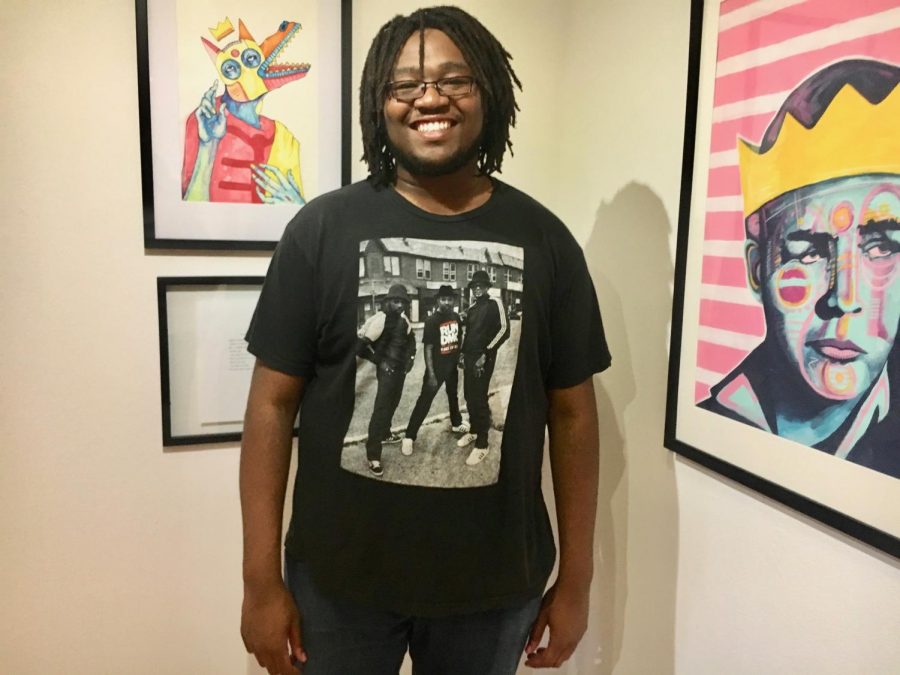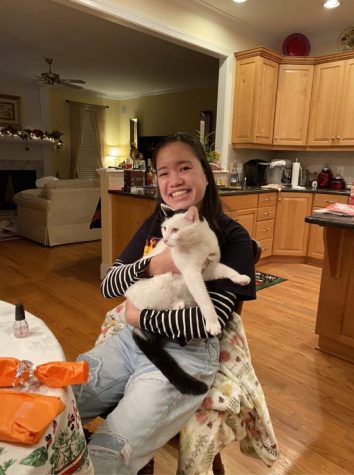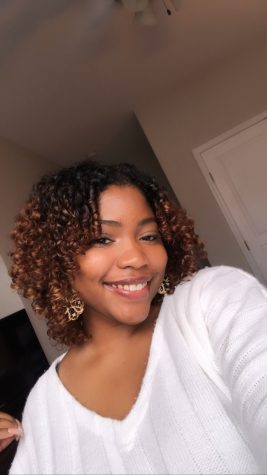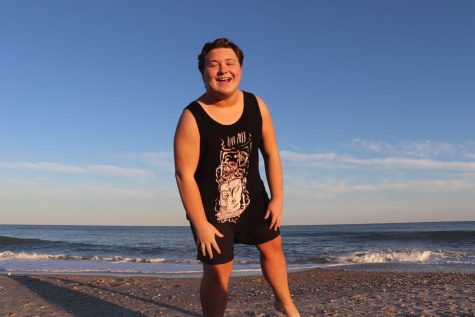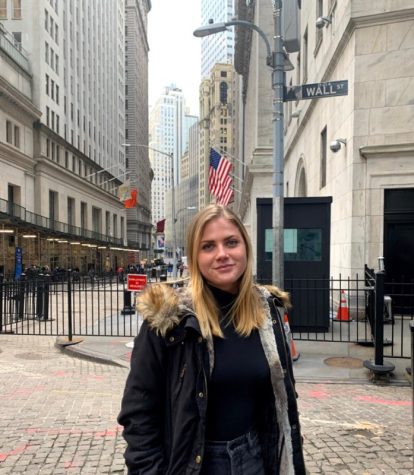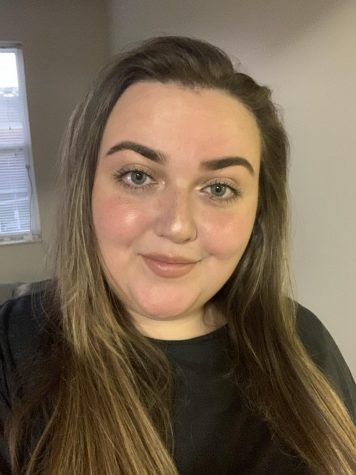Humans of the Dub: Communication Studies / The Wilmington 1898 Riots / Durham, NC
What’s your major?
I chose Communication Studies because it’s a very broad subject. When it came to deciding majors, there was a level of uncertainty as far as career options go. Initially, I came into UNCW to study film. But, Communications Studies allowed me to do so many more things while also supporting various avenues, from marketing to personal communications to digital content, things of that nature.
What kind of job would you like that’s related to your studies?
A few came to mind. Digital content marketing, which is like being the social media head for various organizations. Community engagement is something that is completely necessary for any organization that of course wants to reach out to the community, hence the name. Also, I’d be interested in the creative lanes, like poetry, art. I either want to participate in that, or be the figurehead for a platform that can allow artists to get their names out there.
Why did you choose to attend UNCW?
The biggest, and, truthfully, the only reason—well, there’s two reasons. First of all, I wanted to pick a school that had an affluent film program, and also communication program just in case film didn’t necessarily work out. I also picked a school that was far enough away from my hometown, so it allowed me to grow as a person, and it allowed my parents to get used to me not being around. If I had stayed, like, within an hour of my hometown, my parents would be at my dorm room every single weekend, every single day, checking up on me, asking me to run errands, things of that nature.
How do you feel about Wilmington and UNCW as a whole?
The biggest thing that stands out about this university and Wilmington, is that it’s a very, very different environment from where I was raised. I’m from Durham. Being that it’s a different environment, it gives me a setting where I have no choice but to grow up as a person in order to prosper.
With the city, there’s just a lot of hidden aspects and history to it that I was not fully aware of, such as the Wilmington 1898 Riots. There’s just a lot of different things that I was never educated on before I came into Wilmington that’s great that I know now.
Interestingly, I would appreciate if the university would promote these things a bit more besides just Wrightsville Beach, or surfing, or Starbucks. There’s nothing against those—they’re all great and fine—there’s just so much more to the city than just being by the beach, and that’s closer than the twenty-mile radius.
Do you miss your hometown?
Oh, yes. As I mentioned before, being in a very different environment, there will be situations where I’m very uncomfortable, where I get tired real quick, where I’m drained, so going back home is the best way for me to refresh my thinking and my feelings. Durham is my hometown. I’ve been there all my life. I can go see all of my old friends, and it makes things better for me.
Do you have any advice for others leaving home to go to college?
My advice to you is to do your research, not only of the school, but also about the city. Do your research on school to know what you want to do with your life and what the school has to offer for you. And it’s not just major-wise; it’s also the community. There’s a community right for you, if it makes you feel right. If the community seems bad, then can you grow from it? Understand what you’re getting yourself into and what you’re leaving behind, and what it took for you to get there. Me, personally, it took a lot for me to get to college, not just good grades but blood, sweat, and tears, so much pouring into it. And not just me, but also my family. Keep that in mind when you’re making your decisions. And once you get that, as funny as it might seem, the pressure gets lifted.


